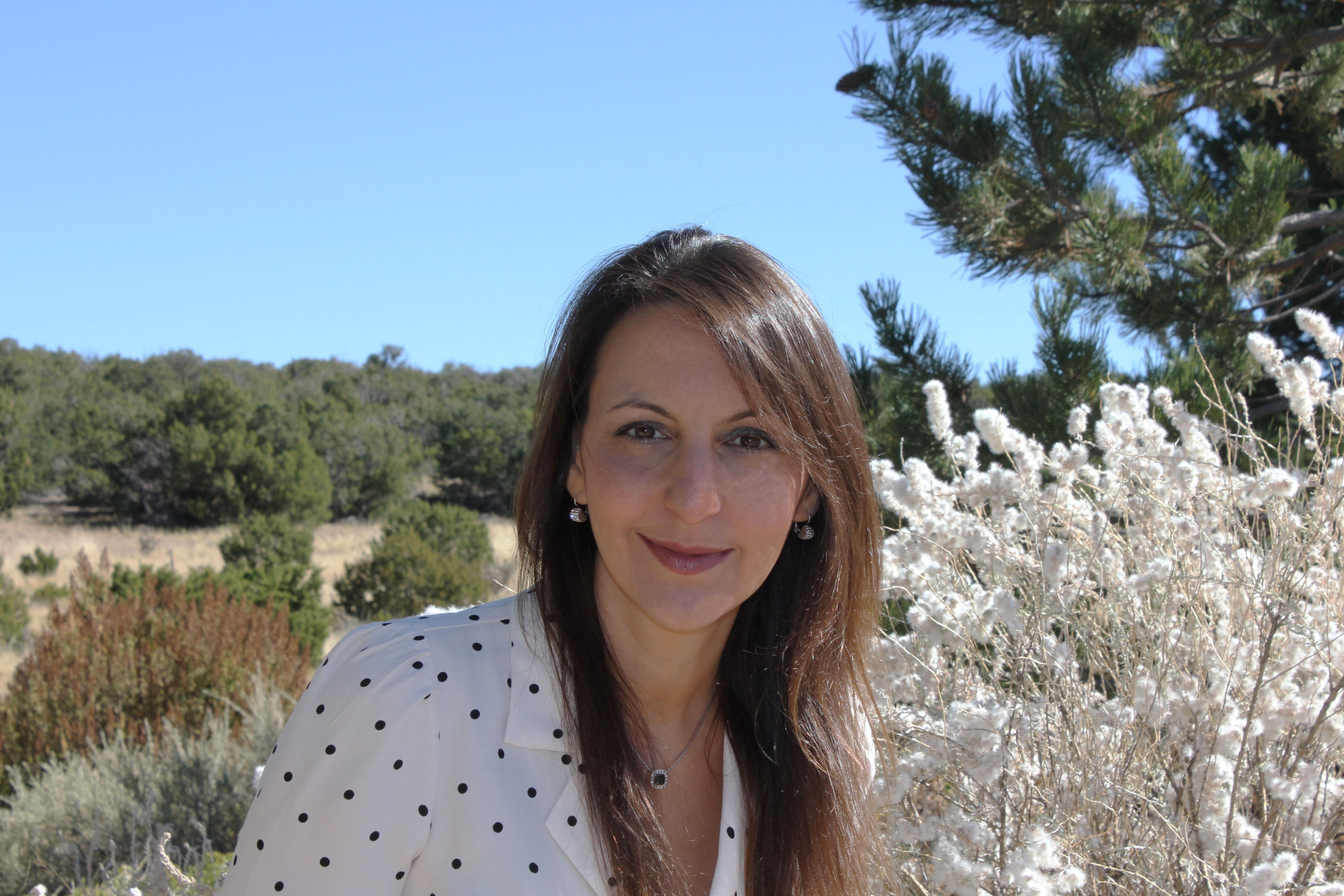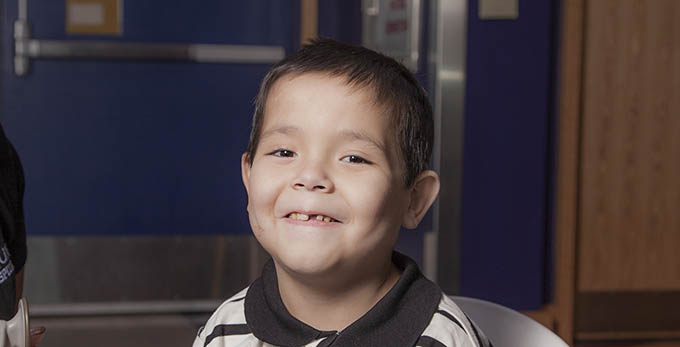A University of New Mexico School of Medicine faculty member has joined with other prominent health equity advocates in calling on the U.S. to establish a high-level federal entity to oversee children’s rights issues.
In a position paper published last month in Health and Human Rights Journal, the group noted the U.S. is the only nation in the world that has not ratified the United Nations Convention on the Rights of the Child (CRC), first adopted in 1989.
The convention encouraged member states to establish institutions to protect children’s rights, and many countries leadership posts that serve as advocates for children’s interests.
The group includes Hope Ferdowsian, MD, MPH, associate professor in the Department of Internal Medicine and co-founder and CEO of Phoenix Zones Initiative, a non-profit organization that advocates for the rights and well-being of people, animals and the environment.

Failure to ratify the convention has serious implications for social and environmental determinants of health for children--including poverty, health care access, nutrition, homelessness, and separation from family
Failure to ratify the convention “has serious implications for social and environmental determinants of health for children – including poverty, health care access, nutrition, homelessness, and separation from family,” Ferdowsian said.
“Our coalition is novel, in that it includes professionals and advocates from multiple sectors, including health care, public health, immigration, child welfare, juvenile justice, early learning, education, labor and family planning.”
The article authors recommended three options for promoting federal-level oversight of children’s rights. The first is a White House Office for Children, which would require only the president’s endorsement, bypassing potential congressional gridlock, they write.
The second is a Cabinet-level post and/or a department for children. A department would require legislation, but potentially bring together multiple programs currently spread across many departments.
The third option would be an independent children’s commissioner, akin to similar positions in other countries. The commissioner would oversee children’s interests in the executive and legislative branches and advance policy proposals on their behalf.
“The creation of a high-level federal authority would be an important first step and could jumpstart all the policies that must follow to make children’s rights and well-being a genuine priority,” they conclude.
